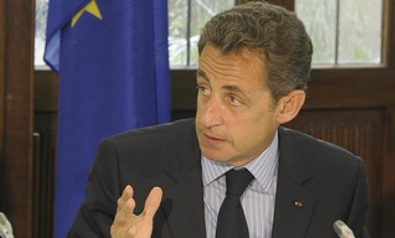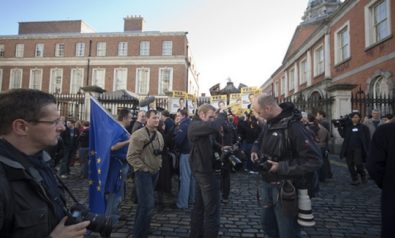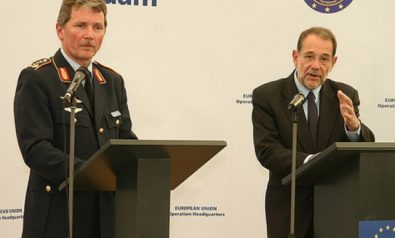
World War II left Europe in tatters. The suffering in the continent led many to believe that Europe had not learnt from experience. Post war European leaders decided to design a new future of peace and prosperity, one without war and strife. They created a European entity that began as a coal and steel union, two wartime industries, and eventually ended up as the European Union (EU). Right from the outset, the western European countries that initially formed the core of the EU, had to overcome internal resistance, negotiate, compromise and work constantly to make progress. Eventually they created a supranational institution like the European Commission and the European Parliament to give greater momentum and legitimacy to the integration process.
Decades of Change
In the military sphere, European integration led to the formation of the Western European Union (WEU). European states could not agree upon defense and this body was just free-riding on NATO and the US at a time of direct threat from the Soviet Union. Only in 1970 a European Political Cooperation (EPC) on military topics was established in order to deal with military issues. This was only institutionalized by the Single European Act (SEA) of 1987, before which the EPC, merely coordinated meetings of foreign ministers.
With the collapse of the Soviet Union the US wanted to decrease its military responsibilities in Europe. European states agreed upon a Common Foreign and Security Policy (CFSP) at Maastricht so that the EU could take up more responsibilities for its security. In its first test, the EU failed miserably to intervene when civil war broke out in Yugoslavia. Various states had opposing historical ties to the various parties in the civil war. American intervention led to the Dayton Agreement of 1995 that brought peace to the region and shamed Europe. This impelled new momentum into the CFSP.
Learning from Mistakes?
With the Yugoslav civil war and the election of Tony Blair to office, the European Union kicked off greater security integration in Europe. France and the UK engaged more closely together and the WEU was activated. Goals such as deploying 60,000 troops in 60 days for a year were set but they have yet to be realized. This is due to both lack of agreement between European states and the time consuming decision making procedures in the EU.
There have been attempts to rationalize procedures. The Amsterdam Treaty of 1997 revised the CFSP by allowing up to a third of the EU members to opt out of joint military action without presenting a veto. It also created the post of the High Representative (HR), which was filled by Javier Solana. Nevertheless, the Iraq invasion of 2004 yet again showed the ineffectiveness of creating coherent policies and actions for the EU as a whole. The UK, Spain and Denmark supported the Iraq war while France and Germany did not, making the whole idea of CFSP a bit of a joke.
Uncertainties Ahead
A renewed attempt is now in the making with the coming into force of the Lisbon Treaty. The obvious incoherence in CFSP matters were tackled again in usual EU manner by a treaty reform. The existing measures and tools were harmonized and streamlined so as to make the representation of the Union more consistent. Perhaps the most innovative measure introduced is the granting of a legal personality to the Union so as to enable it to sign treaties in the areas where Member States confer the power to it.
The creation of new posts like the President of the European Council is intended to improve the Union's representation abroad. There is now even a new European External Action Service. For all these efforts, NATO remains the bedrock of the security for Europe. Nevertheless, the idea of the CFSP has progressed over time and it seems that only the development of a greater European identity is likely to give it greater coherence.
For more than 10 years, Fair Observer has been free, fair and independent. No billionaire owns us, no advertisers control us. We are a reader-supported nonprofit. Unlike many other publications, we keep our content free for readers regardless of where they live or whether they can afford to pay. We have no paywalls and no ads.
In the post-truth era of fake news, echo chambers and filter bubbles, we publish a plurality of perspectives from around the world. Anyone can publish with us, but everyone goes through a rigorous editorial process. So, you get fact-checked, well-reasoned content instead of noise.
We publish 2,500+ voices from 90+ countries. We also conduct education and training programs on subjects ranging from digital media and journalism to writing and critical thinking. This doesn’t come cheap. Servers, editors, trainers and web developers cost money.
Please consider supporting us on a regular basis as a recurring donor or a sustaining member.
Support Fair Observer
We rely on your support for our independence, diversity and quality.
Will you support FO’s journalism?
We rely on your support for our independence, diversity and quality.







